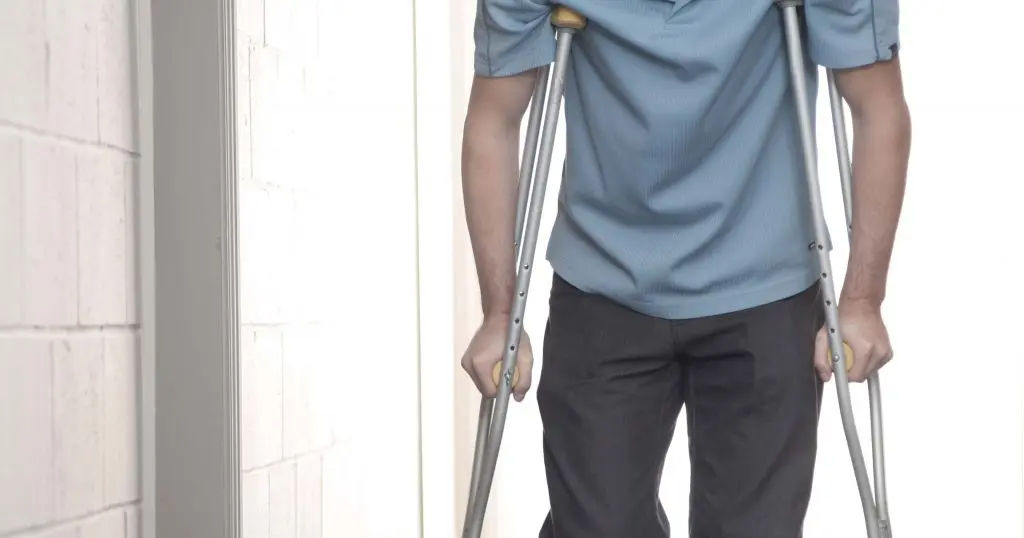Back and Joint Pain, Surgical Procedures and Protocols
Ensuring A Good Outcome With THR Surgery
Preparing For A THR
A total hip replacement or THR in short has become a relatively common procedure with tens of thousands Australians having a hip replacement each year. Pre-surgery appropriate preparation can help by both speeding up recovery after surgery and ensuring a good long term outcome.
How To Prepare For Your THR Surgery:
- You will need to consider what impact having the surgery will have on your work. Depending on your work demands you may require weeks (or even a few months) away from work so it is important to plan this with your employer so you are not pressured to return before you are ready.
- Remember, no one can recover from a THR on their own so it is crucial you plan with family members and/or friends to ensure you get the help you need. If you live alone and aren’t able to access an appropriate support network after the surgery staying in an extended care rehab facility for some weeks after surgery can assist your recovery process.
- If you are recovering at home then making any necessary changes in the home prior to the surgery through making any necessary rearrangements can make a big difference to those first few weeks when you get back from the hospital. Setting up some sort of “base camp” where you’ll spend most of your initial recovery time is a great idea, having things like a computer, your phone, TV remotes, necessary chargers and anything else you will need day to day within easy reach can make life easier. Also planning to create a safe space by removing any tripping hazards like floor rugs, extension cords and creating ample space for you to easily move around whilst on crutches and have a comfortable easy access space to carry out your prescribed home exercises. Preparing the home in advance so you are preparing to be successful.
- It is really important you go into surgery such as a hip replacement in good shape. Being in good shape through appropriate weight management if necessary, raising overall fitness levels and improving your hip and trunk strength can really help accelerate your recovery post THR. Good upper body strength and fitness too will help with the use of crutches (or walker) when moving around. Even better consider having a test drive on crutches pre-surgery if you haven’t used a pair before, this way you can get comfortable using them and master your technique when healthy rather than having you first time on crutches being when in pain. This way it means there is one less thing that you have to worry about learning after your surgery.
- Often having a session with your physiotherapist a few weeks out prior to the surgery is a great idea. This way your physio can get you targeting some of your deficits early on, as well as have you practicing some of the common post surgical exercises so you can get the technique down pat. All this can help through making your post surgical exercise routine second nature when you are advised to start back on them following surgery.
- Consider getting any assistive devices that could be useful after surgery, items such as a long handled shoe horn and grabbers/reachers. An occupational therapist is ideal for assisting with what devices or home adjustments (like additional railings, a higher toilet seat…) could make life easier for you till you get back on your feet normally.
Disclaimer: Sydney Physio Clinic provides this information as an educational service and is not intended to serve as medical advice. Anyone seeking specific advice or assistance on Ensuring A Good Outcome With THR Surgery should consult his or her general practitioner, physiotherapist, medical specialist, or otherwise appropriately skilled practitioner.


